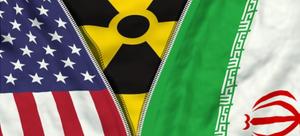
When discussions arise about changing regimes in the Middle East or dealing with oppressive governments, European countries and American politicians often prioritize stability and negotiations rather than considering regime change. However, it is crucial to question what true stability means in their perspective.
For years and decades, political leaders have been following the same flawed policies, leading to a world exhausted by empty rhetoric and a lack of meaningful action. The root cause of corruption and hardships worldwide can be attributed to a lack of discipline. It is important to acknowledge that negotiations with enemies cannot serve as a perpetual solution. Instead, we should focus on empowering the true owners of a country's power and wealth—the people themselves—rather than relying solely on politicians, big companies, or the wealthiest individuals.
To understand the notion of stability, let's examine the track records of a few terrorist groups and organizations that have operated for decades:
- the Islamic Revolutionary Guard Corps (IRGC), a key organization within the Iranian regime, is primarily responsible for carrying out covert lethal activities beyond Iran's borders, including asymmetric and terrorist operations. Iran strategically employs terrorism to support its objectives of deterring and countering perceived adversaries, asserting influence over Shia Muslims globally, and projecting power in the Middle East.
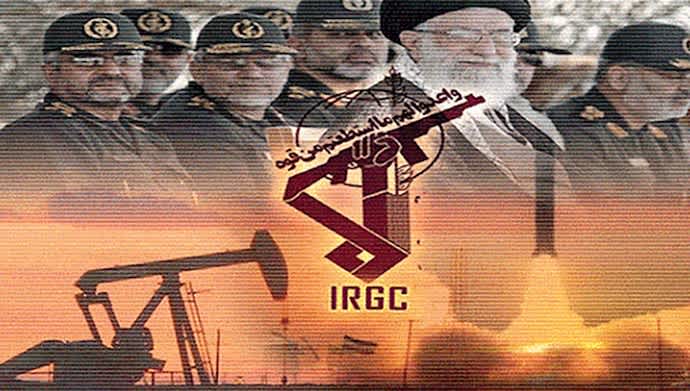
- Hamas, classified as a terrorist group by the US, has been responsible for devastating suicide bombings, attacks on Israel, and inspiring lone-wolf assaults on Israeli soldiers and civilians. Iran provides funding to Hamas, further fueling their activities.
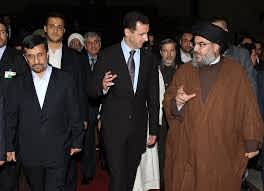
- Iraq has faced a power struggle between the Shiite cleric Moqtada al-Sadr and rivals aligned with Iran. This interference from the Iranian regime has contributed to ongoing conflicts within the Iraqi government.
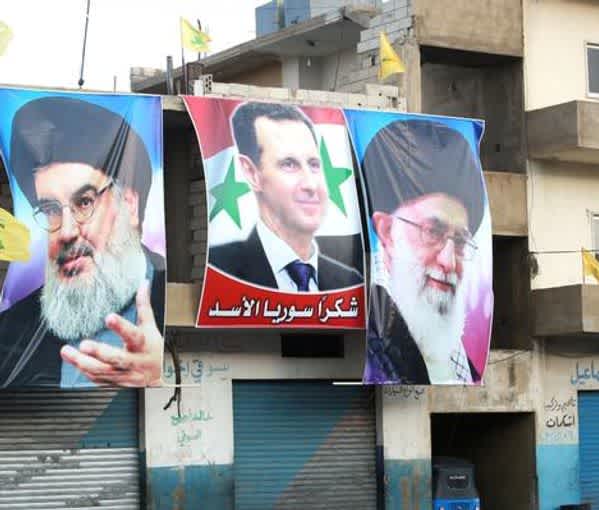
During the 2011 Syrian uprising against the Assad regime, Assad's army, with support from Hamas and Iran's Revolutionary Guard, fought to maintain Assad's grip on power, resulting in hundreds of thousands of deaths and large-scale displacement.
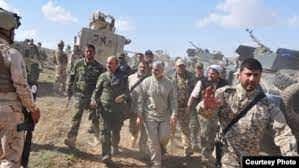
- Hezbollah, designated as a Foreign Terrorist Organization (FTO) by the US, has been involved in numerous anti-US terrorist attacks, including bombings of US embassies and the hijacking of TWA 847. Iran continues to back and support Hezbollah, further destabilizing the region.
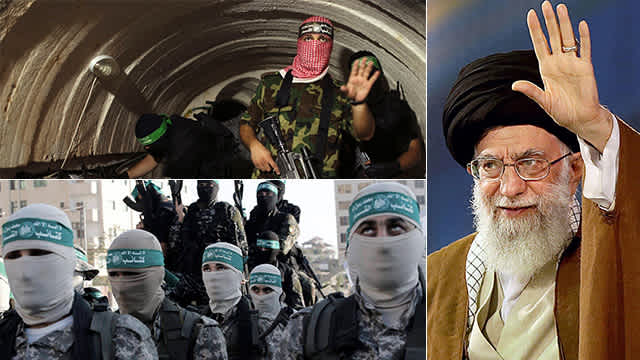
- Despite occasional border conflicts, Iran has consistently maintained relations with the Taliban since its emergence in the 1990s. Iran has provided shelter to Taliban leaders and participated in meetings, even during the US negotiations for troop withdrawal from Afghanistan. These actions have sparked concerns about Iran's support for the Taliban in their opposition to US forces.
- Iran's involvement in the Ukraine War saw the country siding with Russia, exacerbating tensions and leading to further human suffering.

- Recent protests against the Iranian regime have resulted in numerous deaths, detentions, and significant challenges to the ruling clerics, posing a significant threat to their authority.
- Iran's Nuclear activities have also presented serious threats to the Middle East and the world. The deal (JCPOA) fails to guarantee Iran's peaceful nuclear program, empowering an anti-American state and weakening restrictions on Iran's ballistic missile program and conventional arms transfers.
Negotiating with an oppressive regime rarely produces positive outcomes for the people. The world needs genuine relationships, prosperity, and a de-escalation of conflicts. Stability in Iran holds immense importance due to its geographical location, natural resources, wealth, and potential power. Achieving a democratic and reasonable government is essential to eliminate uncertainty in the Middle East, eradicate terrorism, and foster peace and prosperity. Supporting the ongoing Iran revolution, which began in 2022, becomes crucial in this endeavor.
The Western world should consider adopting a #MaximumSupport policy, as presented by H.I.H Reza Pahlavi.
This policy focuses on two main goals:
providing internet access to Iranians to bypass regime censorship and establishing a strike fund to compensate Iranian workers who participate in strikes.
It is important to note that financial contributions are not requested from European or American taxpayers. Instead, the frozen assets of the regime, which rightfully belong to the Iranian people, can be utilized for this purpose.






